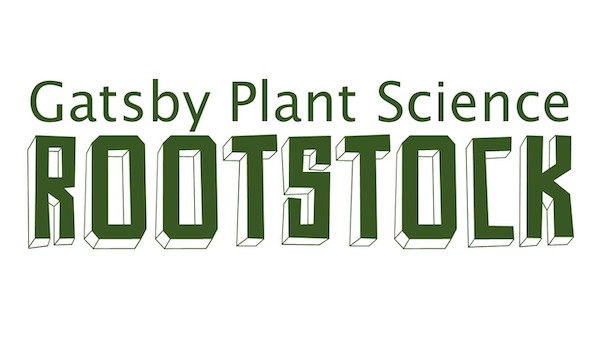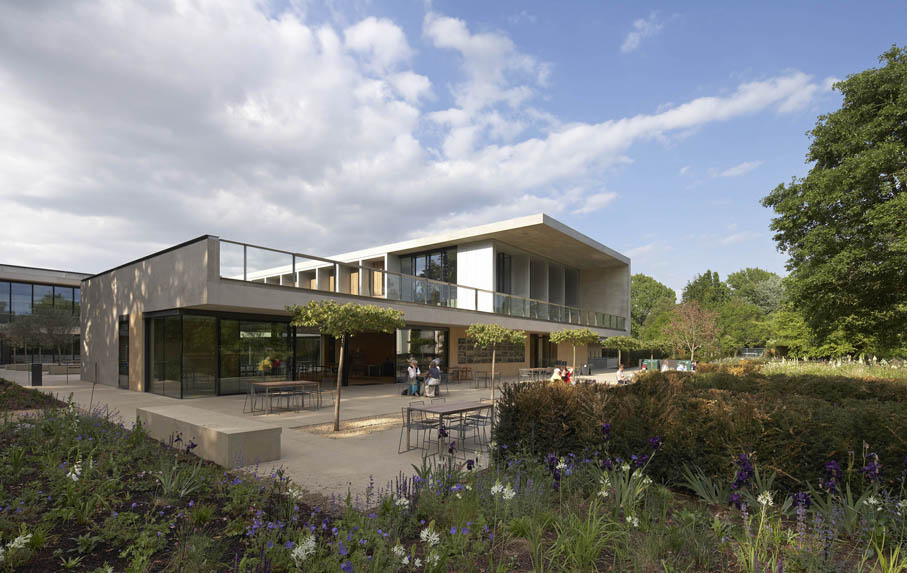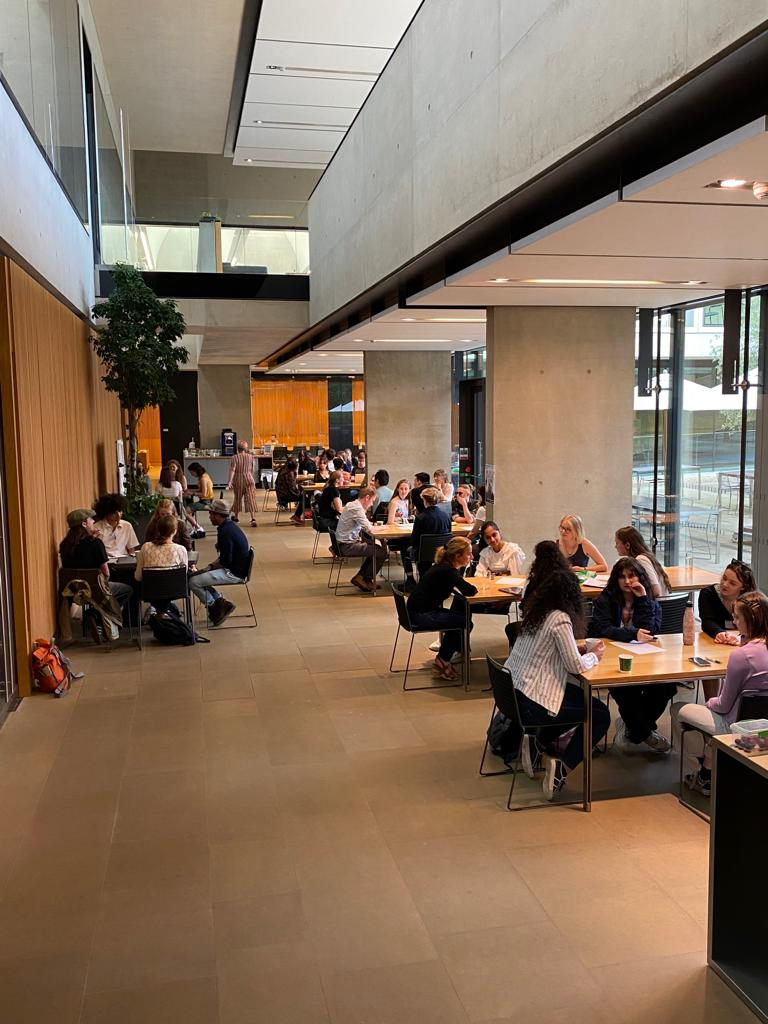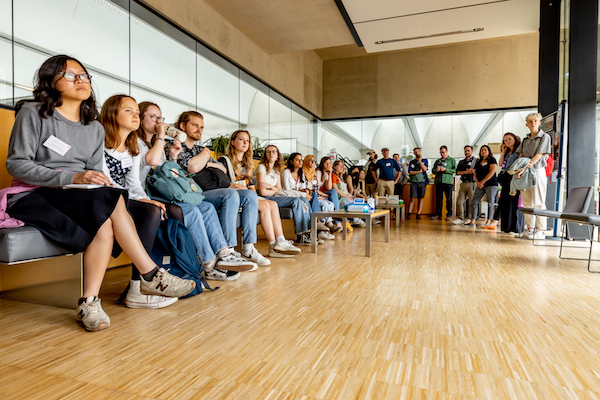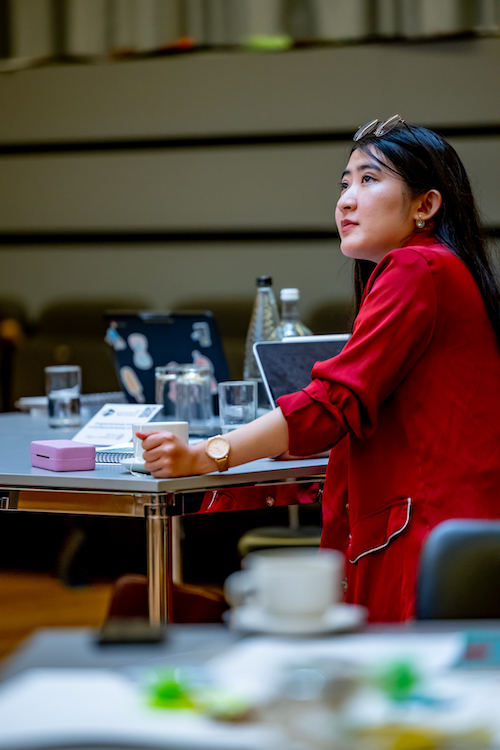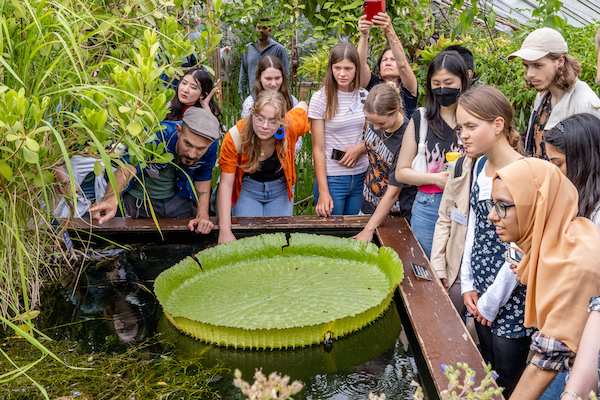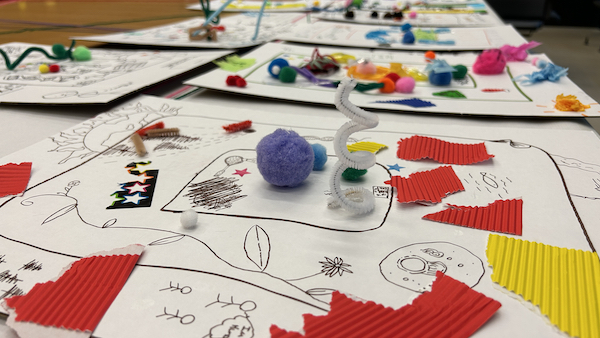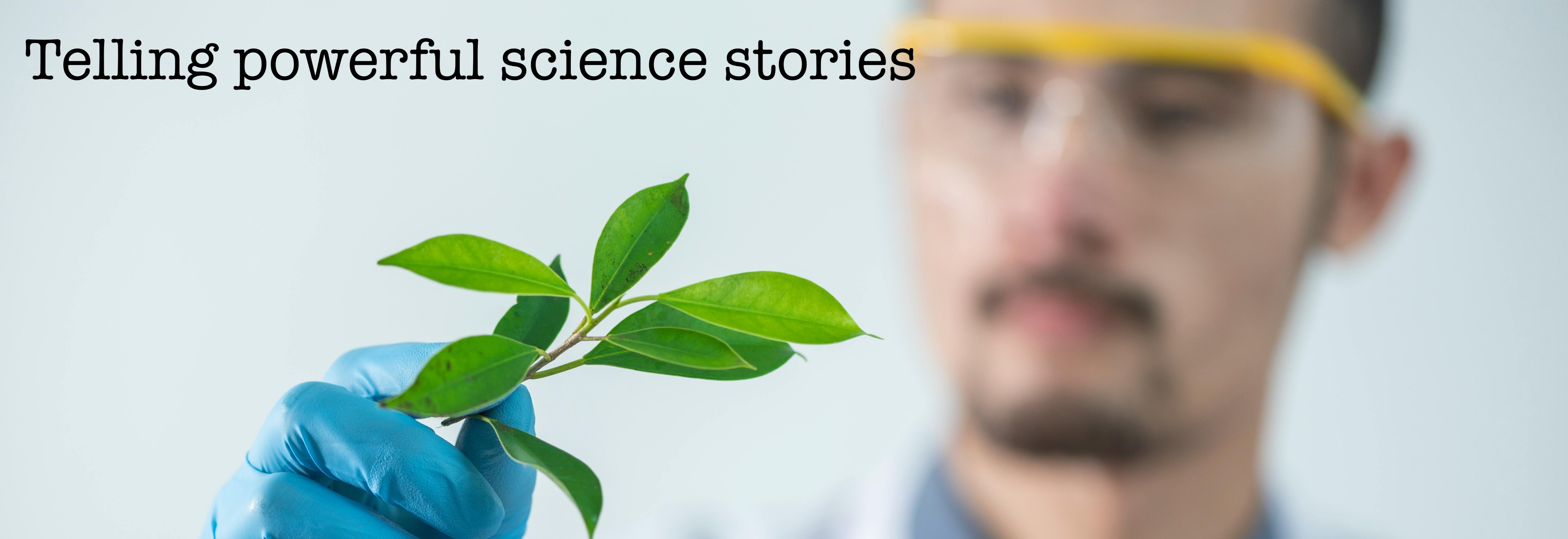
Science
Climate change, loss of nature, species extinction, pollution, waste, rising sea levels, ocean acidification, mitigation and adaptation ...
Scientists are seeing profound changes in the natural world
Human health and well-being is directly influenced by natural environment health and these research issues have occupied the minds of scientists for decades, but despite the wealth of scientific research and developments, public engagement is worryingly low. NERC’s Public Insight Research survey (March 2017) revealed that less than half of the UK public had seen or heard of these topics, with significantly lower uptake of environmental engagement in urban as opposed to rural areas. These issues can seem remote from many people’s everyday lives (less than 1-in-5 UK children have ever been to the coast for example).
However, environmental science research and social science studies also reveal the power of improved communication skills to overcome this trend.
The power of science
Communicating is at the heart of everything scientists do: they communicate their research to others within their field via conferences, scientific papers and policy documents. However, few scientists would ever class themselves as a ‘communicator’.
Yet scientists are natural explorers and storytellers; seeking out new ways of understanding the world around them.
With the right tools it is possible for those gathering and working with environmental data to provoke real, game-changing engagement: with colleagues; decision-makers; the press; funders; and wide public audiences.
The power of communication
We also believe that public engagement in environmental research increases when it is perceived to directly affect the lives and values of people from varied backgrounds and cultures - and that is what influences decision-makers and grant-funders.
This is our area of expertise. We are creative communicators offering training and inspiration to scientists and researchers to help them learn how they can generate powerful stories about their work.
Case Study: Plant Science
Since 2022 we have worked with Gatsby Plant Science Education Programme (GPSEP). As an expansion of their programme - alongside their world-renowned Gatsby Plant Science Summer School - we have helped to develop a residential science and communication training, based at Cambridge University, for the UK's brightest young plant scientists: Rootstock. Working with their team, and some of the UK's leading plant science researchers, at Cambridge University's Sainsbury Laboratory, we have been sharing some of the critical techniques and skills that are enabling them to disseminate information that's of real benefit for the future of plant science, and for the way in which we could overcome some of the great environmental challenges of our time.
